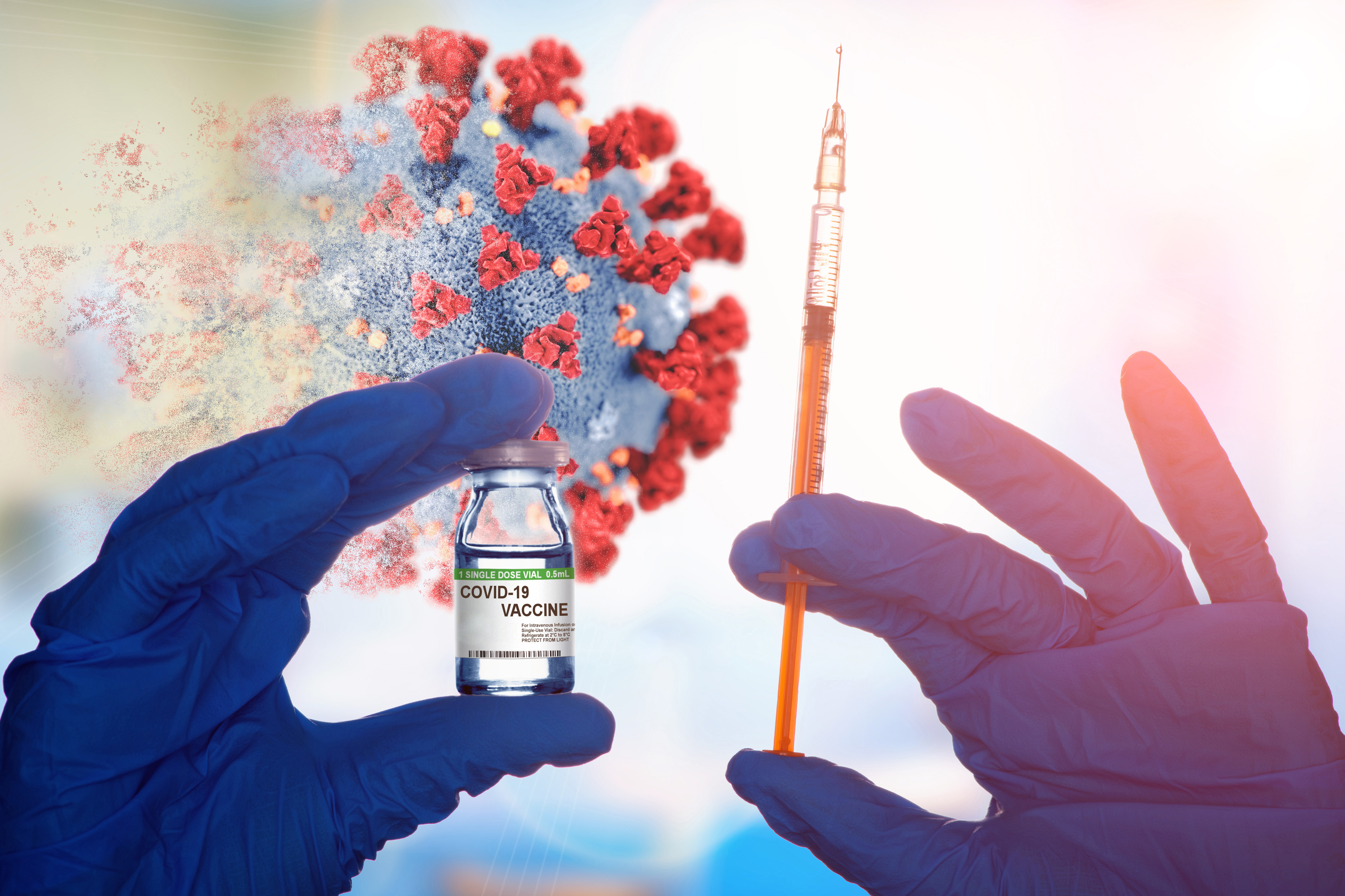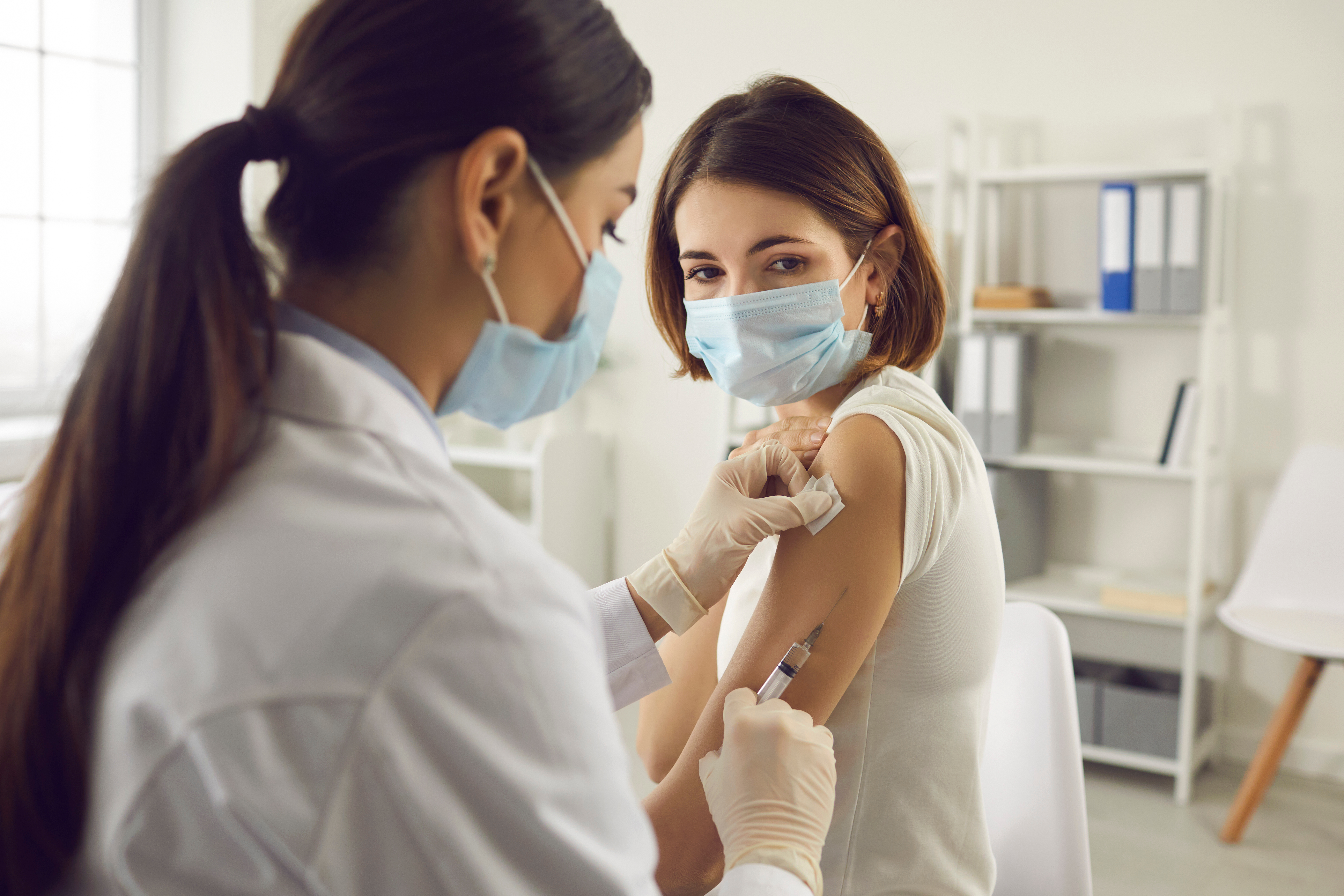Understanding mRNA COVID-19 Vaccines and Vaccination Instructions

It is critical for all of us to learn about COVID-19 vaccines as much as possible. In order to understand this newly discovered coronavirus and effectively handle it, here is what we need to know before deciding to get the mRNA vaccines, one of the alternatives widely recognized for its highest efficacy compared to other vaccines.
What is an mRNA vaccine?
mRNA (messenger Ribonucleic Acid) is one of the types of RNA that are found in a human cell. This genetic material instructs the cell to make the viral protein directly. When the mRNA is injected into the body, the cell encodes the viral protein and trains the immune system to recognize the COVID-19 virus and design antibodies which prevent disease severity and death.
Who should and should not receive the vaccine?
The vaccine has been proved to be safe for healthy individuals aged 18 and older. However, an mRNA-based vaccine should not be administered to those with 5 particular conditions:
- People living with life-threatening conditions such as underlying diseases, Acute Coronary Artery Disease, Heart Failure, Asthma, Emphysema, particularly if any of which is recurring, and those diagnosed with a Hypertensive Crisis whose a top number (systolic pressure) exceeds 180 millimeters of mercury (mm Hg) are all suggested to be properly treated until their conditions are under control before getting the vaccines.
- People who are severely allergic to vaccines (Anaphylaxis) with experiences of having swollen face and lips are not advised to receive the vaccines. Any individual who has already received the first shot and had the aforementioned side effects should consult with physicians before receiving the second shot.
- People with Neutropenia (low white blood cell count)
- People who have recently undergone bone marrow transplantation within three months prior are advised to wait as Immunosuppressants will subdue the efficacy of immunization from the vaccines.
- People who are in the one-month process of transplantation of organs such as heart, kidneys, lungs, or liver should refrain from the vaccines as the efficacy of immunization from the vaccines will be subdue.
How long should you wait to receive mRNA vaccines after receiving Inactivated Vaccines and how many doses should you get?
According to the trial tests and specialists, you can receive 2 doses of mRNA vaccines 6 months after getting Inactivated Vaccines. In fact, there has been limited research evidence regarding Live Attenuated Vaccine and Inactivated variation in Thailand and on a global scale. Therefore, it is significant to stay updated with any changes and information of the COVID-19 vaccines.

What are the post vaccination instructions?
After vaccination, it is compulsory for the vaccinated to observe and monitor possible side effects or severe allergic reactions. Three days after vaccination, normal side effects such as pain at the injection site, mild fever, or fatigue may exhibit similar to symptoms of Influenza.
What are Possible Side Effects of COVID-19 Vaccines and Treatments?
If Anaphylaxis (acute serious side effects), swollen lips and face, and low blood pressure (hypotension) after vaccination are reported, medical attention must be sought immediately. In addition, in case the fever continues for over 3 days, check with physicians for a properly diagnosis whether it is due to the vaccines or other causes.
Is there an interval between a COVID-19 vaccine and Influenza or any other vaccines?
Based on the principles of general practitioners, a 1-month interval is suggested between COVID-19 vaccination and other types of immunization. It is recommended that different types of vaccines should not be injected at the same time as they can affect the efficacy of the immunization.
As vaccination is meant to neutralize the severity of the disease, ongoing mandatory safety measures must still be adhered to. People are advised to wear a face mask, wash hands, and maintain social distance to prevent tranmission.
|
|





